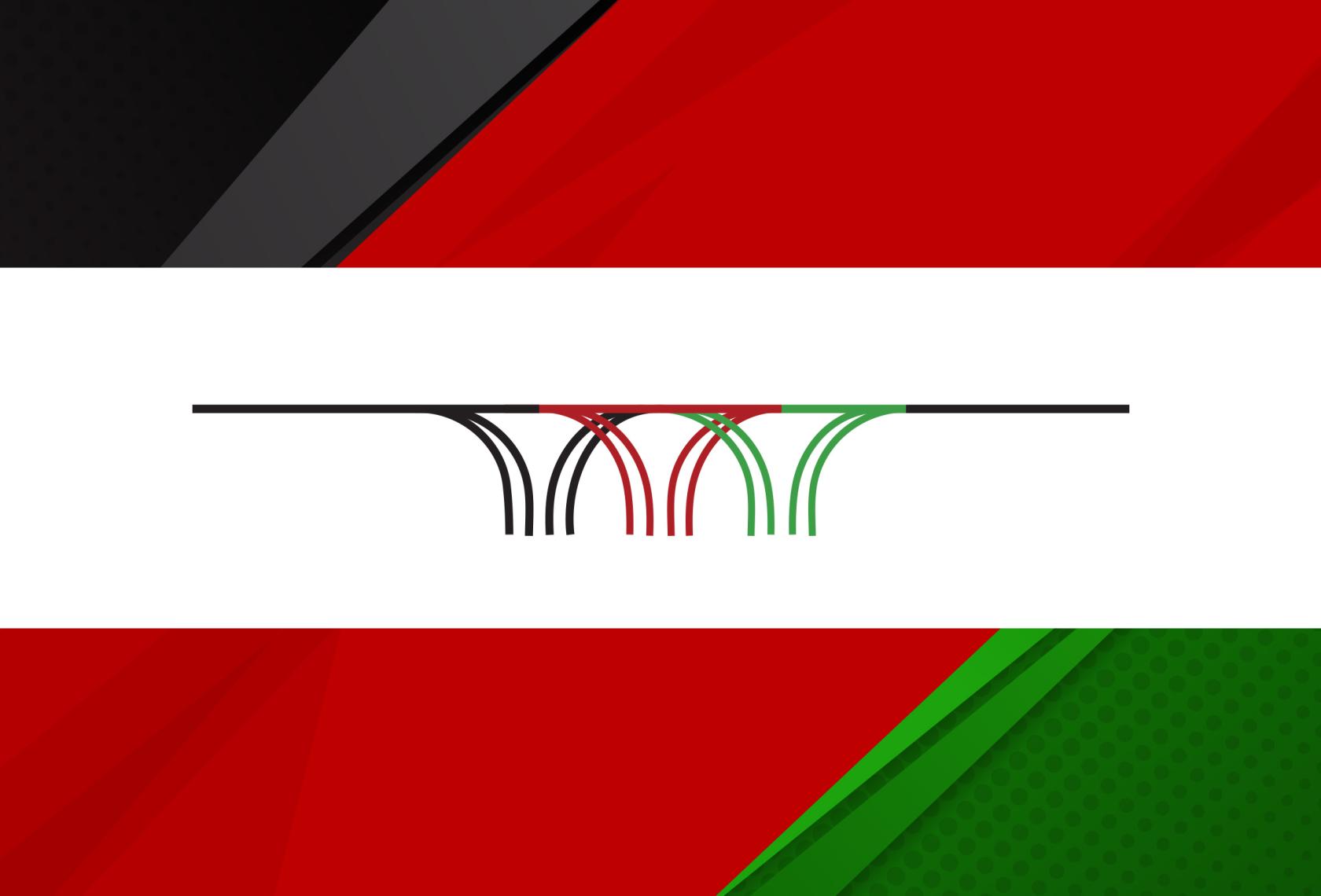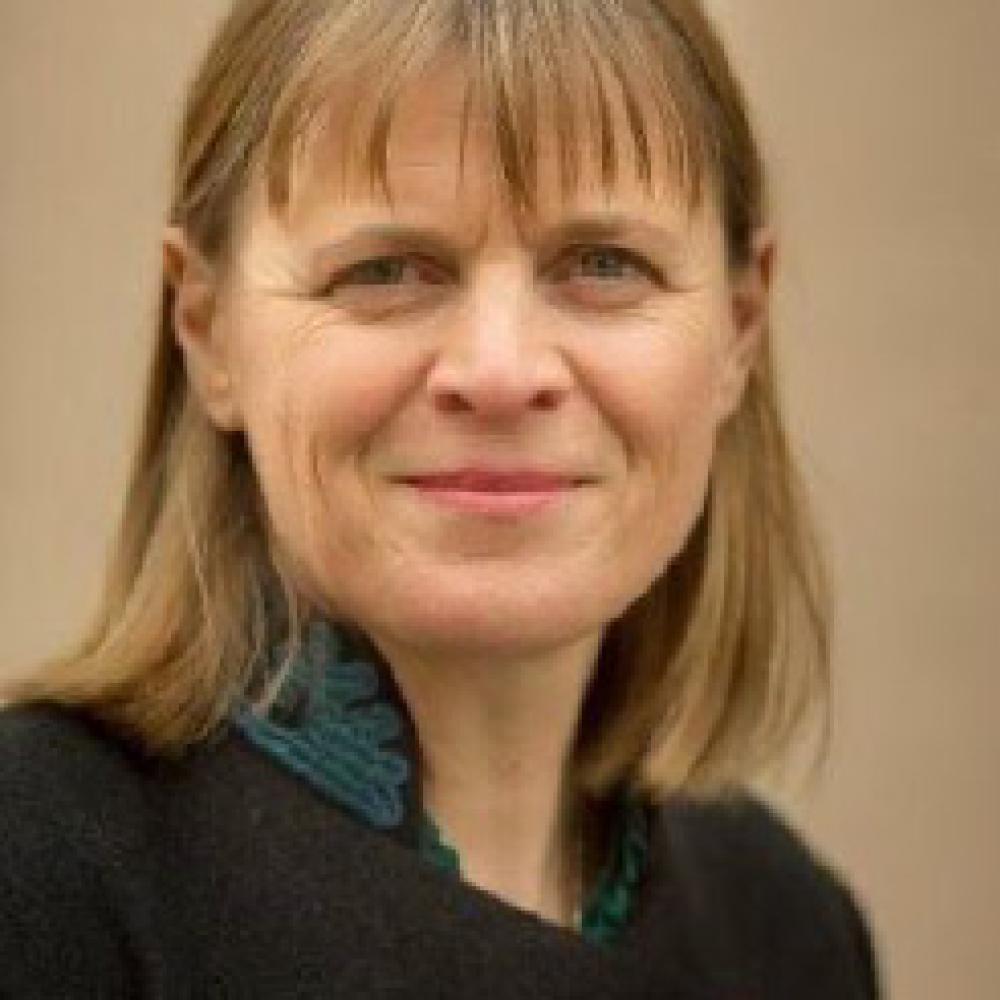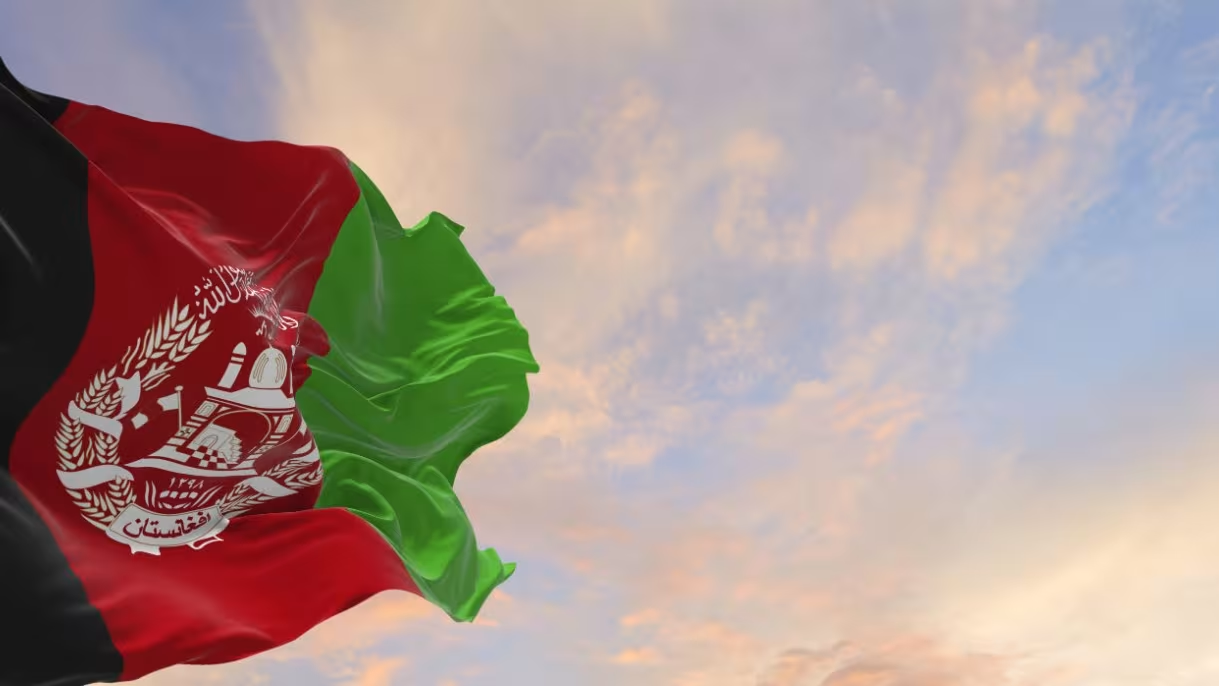

Protecting Free Speech and Media After One Year of Taliban Censorship

When we assess the achievements of the Afghan society during the past twenty years, freedom of speech and the development of free media is often cited as one if not the most remarkable success stories. Before August 15, 2021, Afghanistan was widely viewed as one of the leading countries in the region in terms of protecting free speech and implementing laws that ensure access to information. This was further enshrined in the country’s constitution as part of its thirty-fourth article which guarantees the unrestraint freedom of expression of all media.
With the fall of Kabul and the Taliban's return to power, decrees were enforced declaring that the Constitution — including its freedom of speech provisions — were deemed to be Western and un-Islamic. Since then, journalists have been at risk with many of them being tortured and executed as part of the Taliban’s attack on media. Many chose to self-censor while others instead chose to leave the country.
The Taliban’s campaign of intimidation and torture, did not, however, completely stop the flow of information. Several media platforms, which had done invaluable work over the last two decades resume their activities in exile and, thanks to the internet and with the help of anonymous local sources, kept the international community and the people of Afghanistan informed about local events as well as international developments.
This exiled media, however, operates under serious and indisputable limitations, given their lack of access to primary sources and easily verifiable information. This has prevented many of these outlets from reporting significant news. By the same token, media outlets still operating inside Afghanistan, although they have access to first-hand resources, are under such pressure from the Taliban, that they cannot openly report on the news.
Given this scenario, this event will seek to answer the question of - how can we build a bridge between in-country reporters and media in exile to prevent a free fall of vital news reporting? How the donor and international community can help to support the protection of civic space and the work of media in Afghanistan and outside.
Panelists
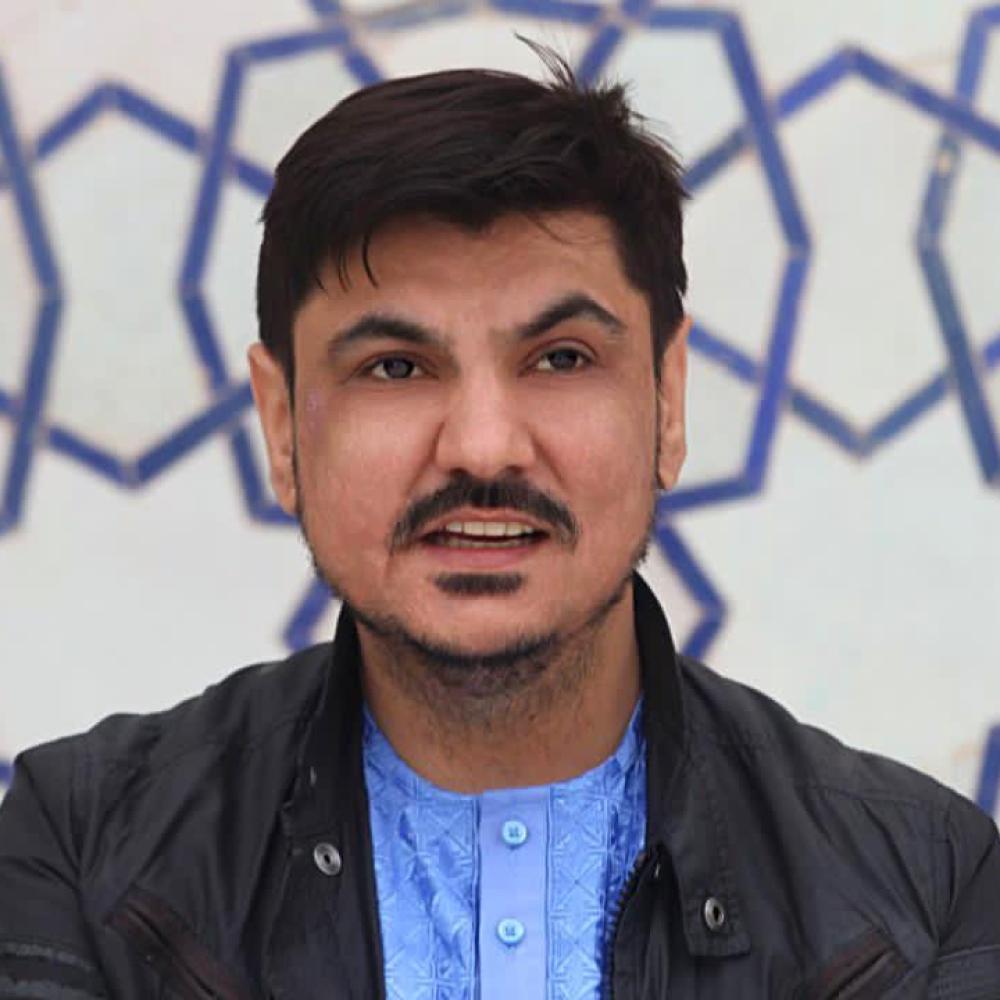
Ali M. Latifi
Freelance journalist based in Afghanistan

Deborah Amos
Ferris Professor of Journalism in Residence at Princeton University
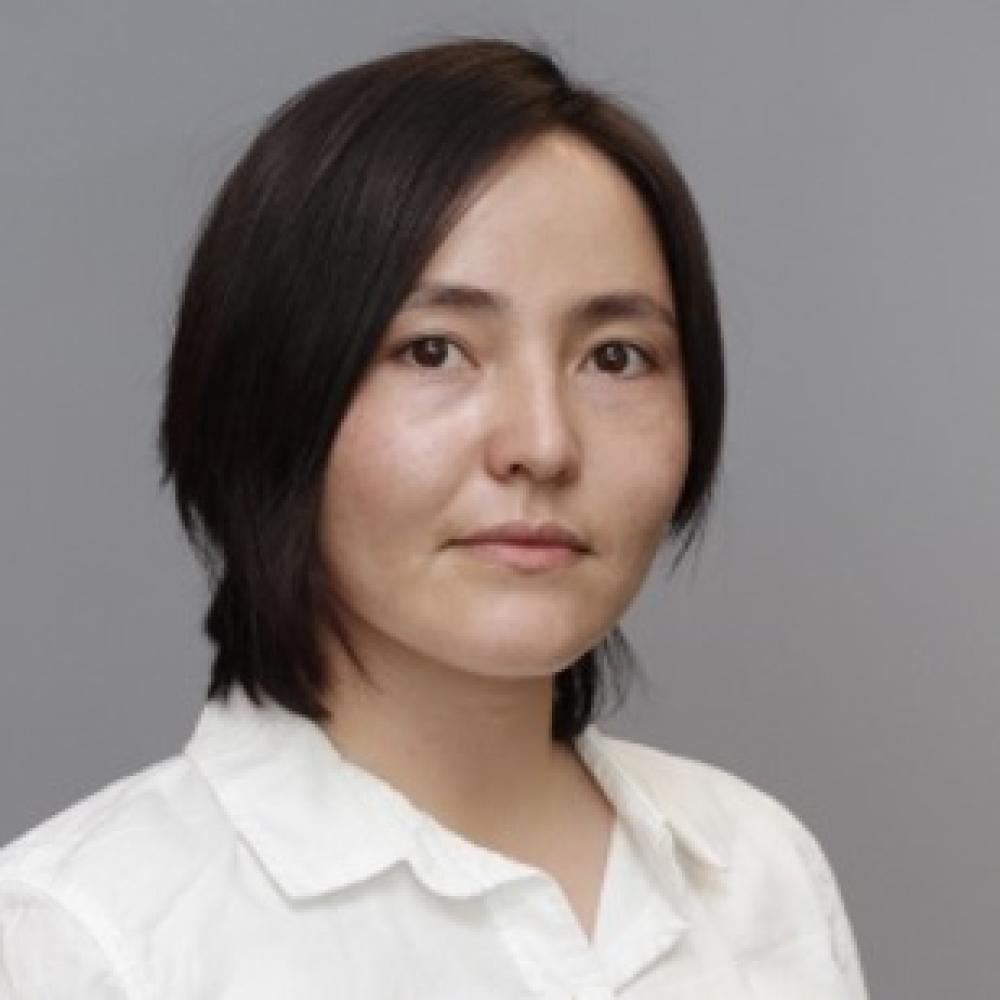
Zahra Nader
Editor-in-Chief Zan Times and Ph.D. student at York University
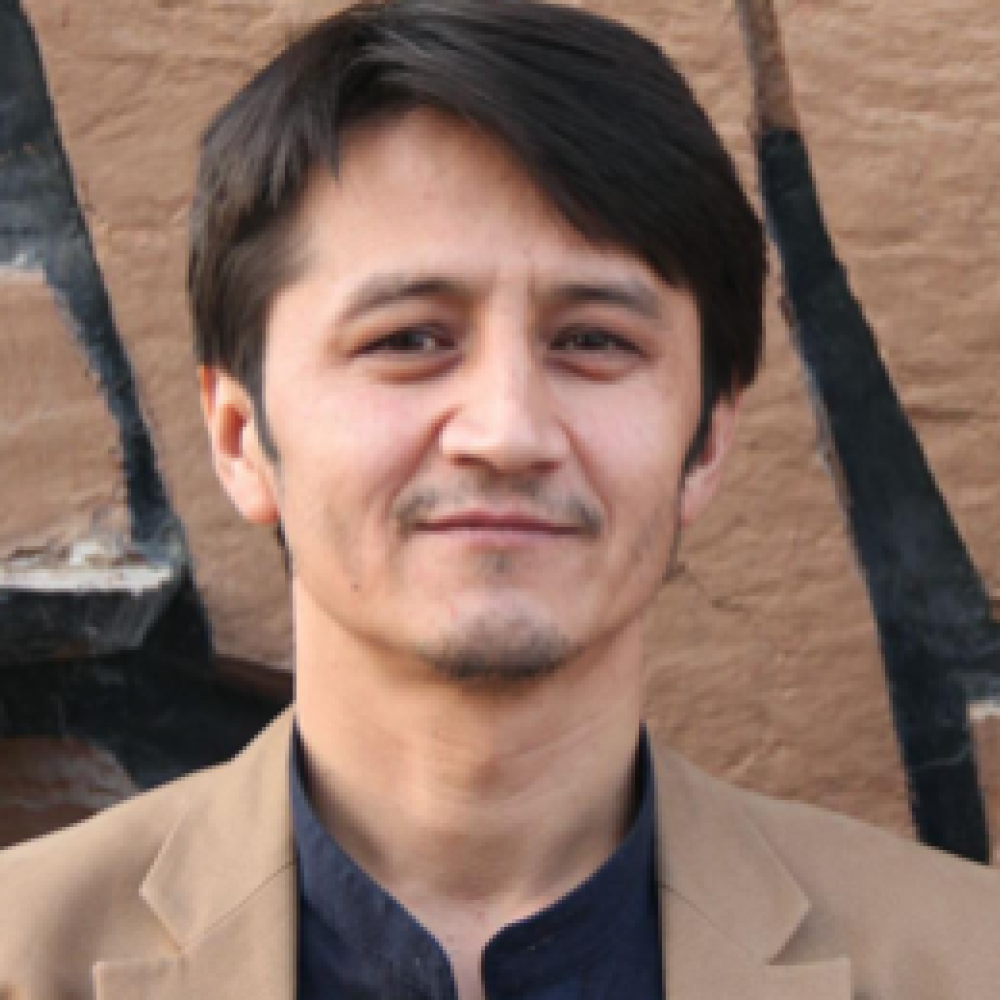
Zaki Daryabi
Publisher of Etilaatroz News Paper, winner of 2020 Transparency International Award
